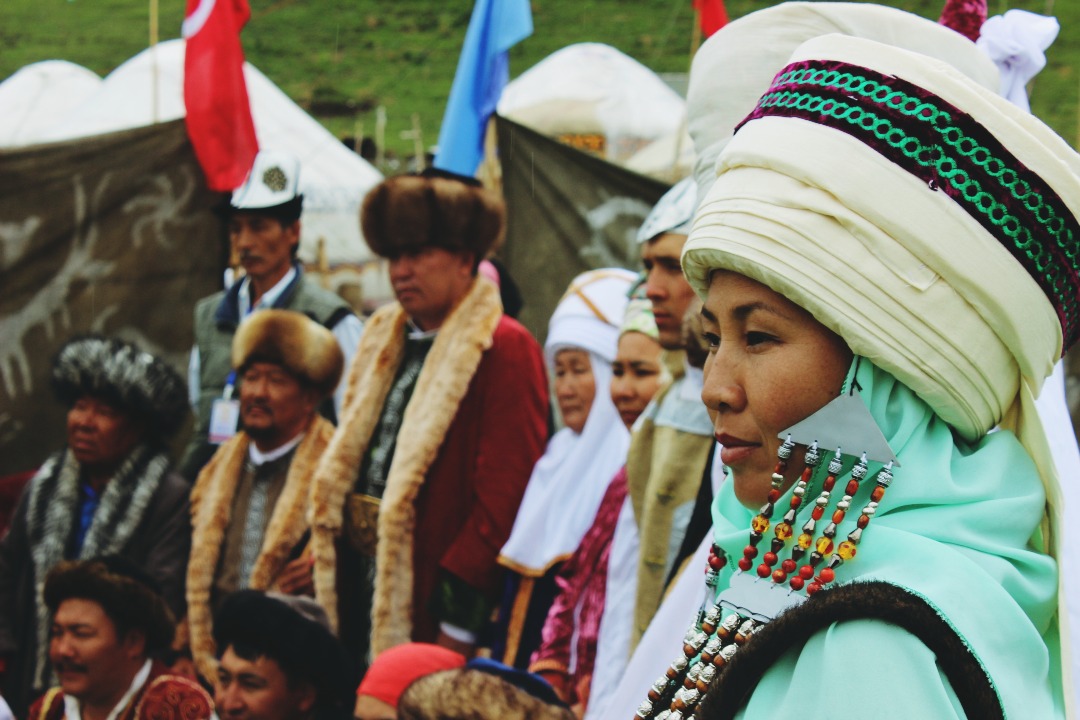Development Solutions Partnership on Addressing Gender-based Violence
Development Solutions Partnership on Addressing Gender-based Violence
Integration of an Intervention Model on Prevention of Gender-based Violence in Crisis Centers’ Activities in the Kyrgyz Republic
Project overview
In the Kyrgyz Republic, violence against women and girls remains one of the acute social challenges, and the National Strategy for Sustainable Development for 2018-2040 emphasizes the importance of defending women’s rights and opportunities and improving their access to medical and social services. The UNDP project “Development Solutions Partnership on Addressing Gender-based Violence” assists the country’s efforts to pilot innovative practices for supporting victims and survivors of sexual and gender-based violence (SGBV) and reducing violence against women and girls. Receiving financial and technical support from the UNDP Seoul Policy Center, the public foundation Global Research Institute (GLORI) introduces a progressive and innovative intervention model in six community-based Crisis Centers (CCs): Chance and Sezim in Bishkek, Ayalzat and Meerman in Karakol, Tendesh in Naryn, and Ak-Zhurok in Osh.
To seek effective solutions which match the actual situation in the Kyrgyz Republic, this pilot project refers to the experiences of both Sunflower Centers in South Korea and Women Initiating New Goals for Safety (WINGS) developed by the Columbia University, School of Social Work. One of the significant characteristics of the Sunflower Center mechanism is to provide multi-disciplinary services – medical treatments, counseling, legal support, police investigations - in a single location to victims and survivors of SGBV. On the other hand, the WINGS model is a single-session intervention that aims to address a critical gap in services by identifying women at risk of particular types of SGBV, motivating their psycho-emotional states and social integration, enabling them to develop safety planning skills to reduce their risks, and redirecting them to appropriate services. As a part of this project activities, the targeted CCs provide primary counseling for affected women, based on the WINGS intervention, and the Sunflower Center mechanism is utilized at the stage of which survivors receive necessary medical treatments. These interventions for better services will help minimize the risks of secondary victimization and meet the needs of service users. For the practices, the CCs are currently acquiring essential skills for screening, referrals, and accompaniments of survivors and the creation of preferable conditions for their recovery.
In addition, during a year of the assignment period, the project, in partnership with the Ministry of Internal Affairs, focuses on capacity development for identifying cases of violence, ensuring effective measures to provide better services to beneficiaries, protecting their rights, preventing secondary victimization, and promoting gender equality.
Main components of the project:
- Development and integration of new integrated methodology of services to GBV survivors
- Capacity building of Crisis Center on integrated methodology of services to GBV survivors and proving GBV services accordingly
- New integrated methodology of services to GBV survivors practice dissemination
Project results:
1. Established a working group with representatives of the selected six CCs, which experienced in designing and implementing interventions to address SGBV and providing services for victims, and of the Ministry of Labor and Social Development; .
2. Developed a training module for the CCs which is based on the integrated methodology, and conducting training workshops for the CCs’ staff; analyzed the interventions, and developed the most applicable model for further adaptation in the Kyrgyz Republic, considering the mechanism and collected data of Sunflower Centers in South Korea
2. Provided quality support services to 100 GBV survivors applying new integrated methodology
4. Developed intervention manuals which were piloted at the CCs, utilizing quality and efficient data of the M&E, with publication of them in an online platform (Russian and Kyrgyz);
5. Conducted a National Conference for partner agencies, government officials, community leaders, and potential donors to present lessons-learned/recommendations for further dissemination of new knowledge and practice.
Status: completed
Project Start Date: March 2019
Estimated End Date: 31 May 2020
Subject area: Gender based violence
Project Coordinator: Bermet Ubaidillaeva
Geographic coverage: Bishkek city and 4 regions of the country
Partners: Ministry of Labor and Social Development, Ministry of Internal Affairs, Ministry of Health, GLORI, and six Crisis Centers
Funding Source: UNDP Seoul Policy Centre
Budget: 50,000 USD

 Locations
Locations




